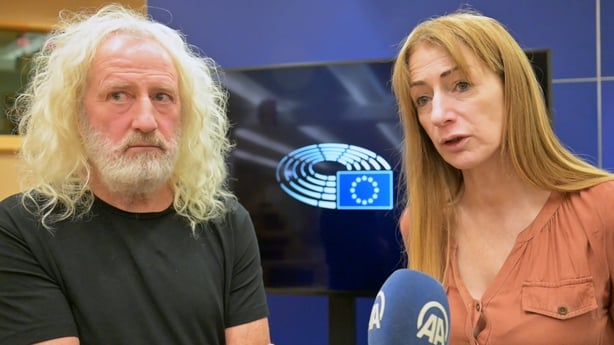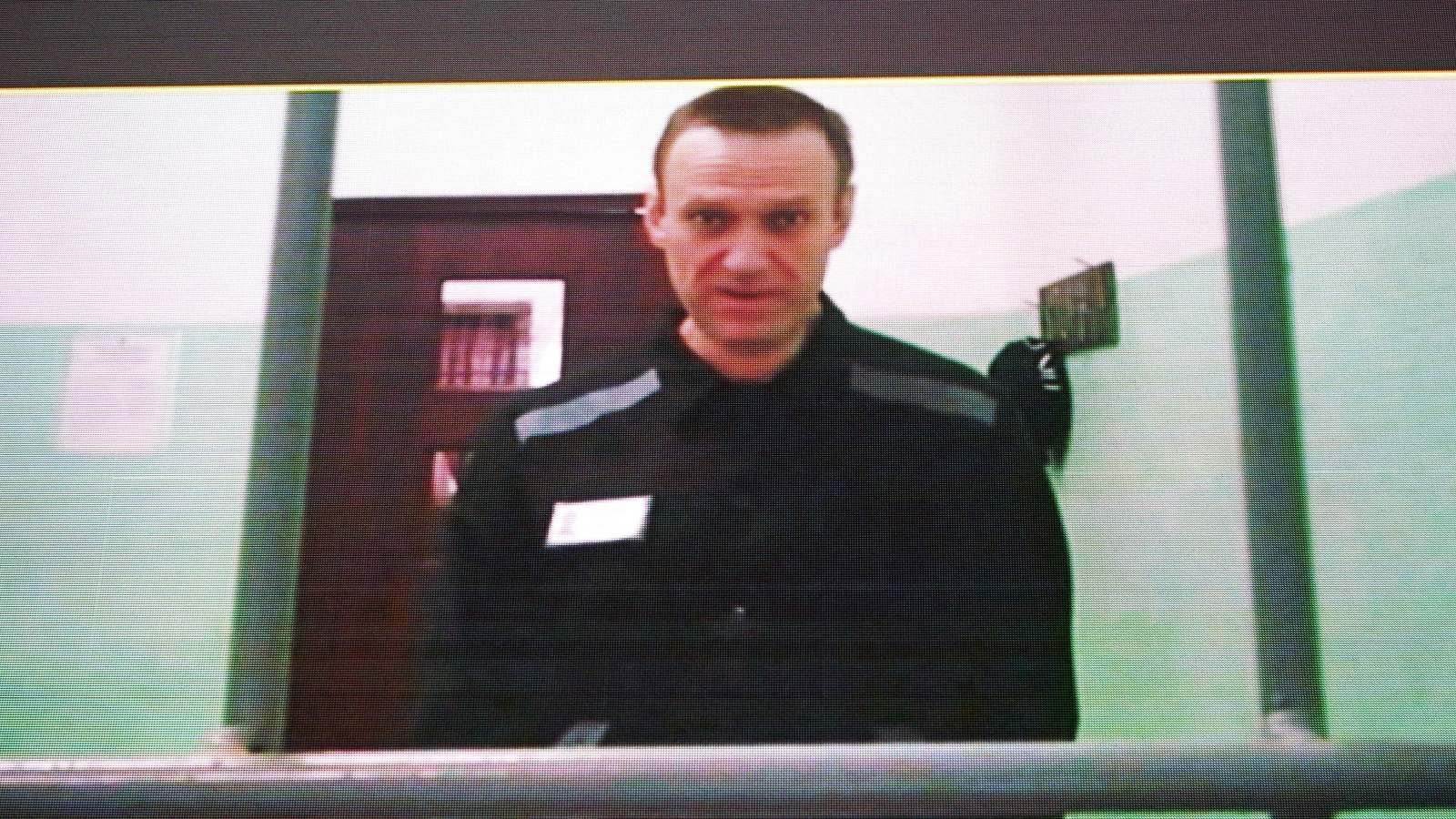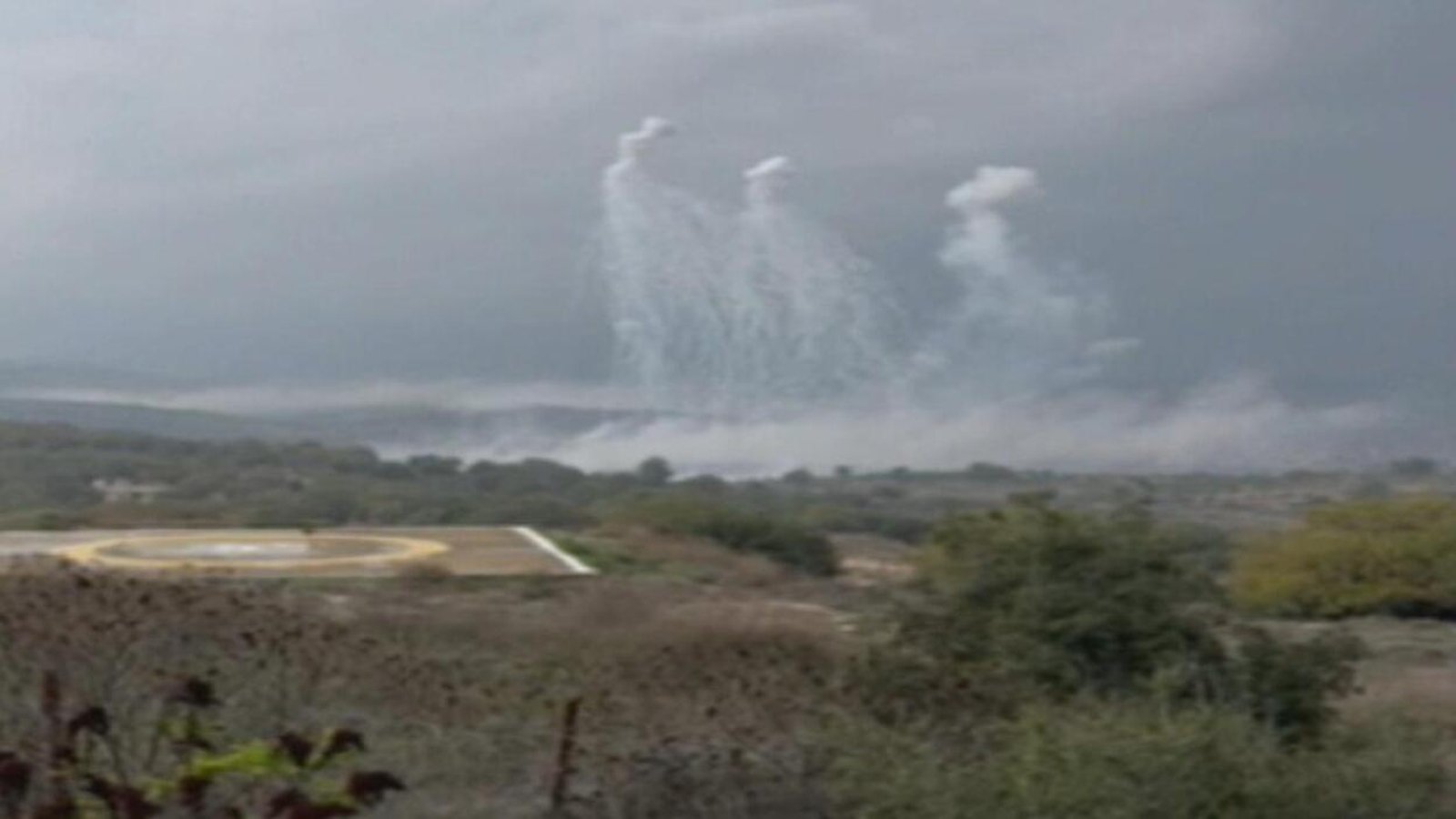Study assesses impact of MEPs across EU on social media

Irish far-left MEPs Clare Daly and Mick Wallace have had spectacularly more impact on social media than other Irish MEPs, according to an analysis of Meta (Facebook) posts by a Danish political consultancy.
The study shows that Ms Daly accounted for 77% of all Facebook interactions generated by Irish MEPs during the outgoing parliamentary period, compared to 19% by Mr Wallace and just 4% by the combined group of 11 Fine Gael, Fianna Fáil, Independent and Green MEPs.
Of 200 most “talked about” posts by Irish MEPs assessed by the analysts, 165 were made by Clare Daly.
The overall study, which looks at Meta activity by MEPs across the EU, is entitled “These European parliamentarians shape the political conversation on Facebook”, and was carried out by Common Consultancy, a Danish political think-tank.
The authors analysed 572 million interactions associated with nearly 800,000 Facebook posts linked to 771 Facebook pages across all member states.

The authors say they focused on Facebook because of its dominance in the European social media space. However, the report does not specify if the responses to the posts are uniformly positive, negative or neutral.
The report comes in advance of the European Parliament elections in June, in which far right candidates are expected to make significant gains.
It found that across Europe, Facebook posts by non-attached and far-right MEPs have been far and away the most successful in generating responses over the past five years.
“Micro-actions such as likes, comments, and shares influence the reach of MEPs’ posts and can ultimately sway votes on election day,” the authors Eske Vinther-Jensen and Thomas Albrechtsen conclude.
“Therefore, it is crucial to understand how digital dynamics, information flows, and tech giants impact the democratic conversation.”
The study shows that anti-green transition and anti-Ukraine messages have been much more successful in generating a response on Facebook than other issues.
This is reflected in the positions that many far-right and non-attached MEPs hold.
The authors found that the “nationalistic and far right dominate the digital conversation among MEPs, efficiently engaging voters with their agendas. Meanwhile, the center-right and center-left struggle to connect with voters through engaging communication”.
The report also concludes that European “digital” support for Ukraine is rapidly declining.
“The war in Ukraine does not have the same mobilizing and engaging effect on social media as it did in 2022. In 2023, it was primarily conspiratorial and anti-Ukraine agitators who benefited from the situation,” the report states.
In an annexe report on Irish MEPs, the authors say that Facebook posts by Clare Daly and Mick Wallace on the Israel-Palestinian conflict generated the most responses.
However, the authors also state that Ms Daly’s posts which are highly critical of EU and NATO support for Ukraine have generated large responses on Facebook, including posts suggesting that Ukraine could not win the war, that the EU should aim for “peace” and claims that Norway and the US could have been responsible for the Nord Stream pipeline explosion.
The authors found that of the top 200 performing posts by Irish MEPs, only one came from a non-Left Group legislator.
“This post was made by [Fine Gael MEP] Maria Walsh from the EPP and is about her graduation from Dublin University.
“The post’s comments section mainly consists of congratulatory wishes.”





